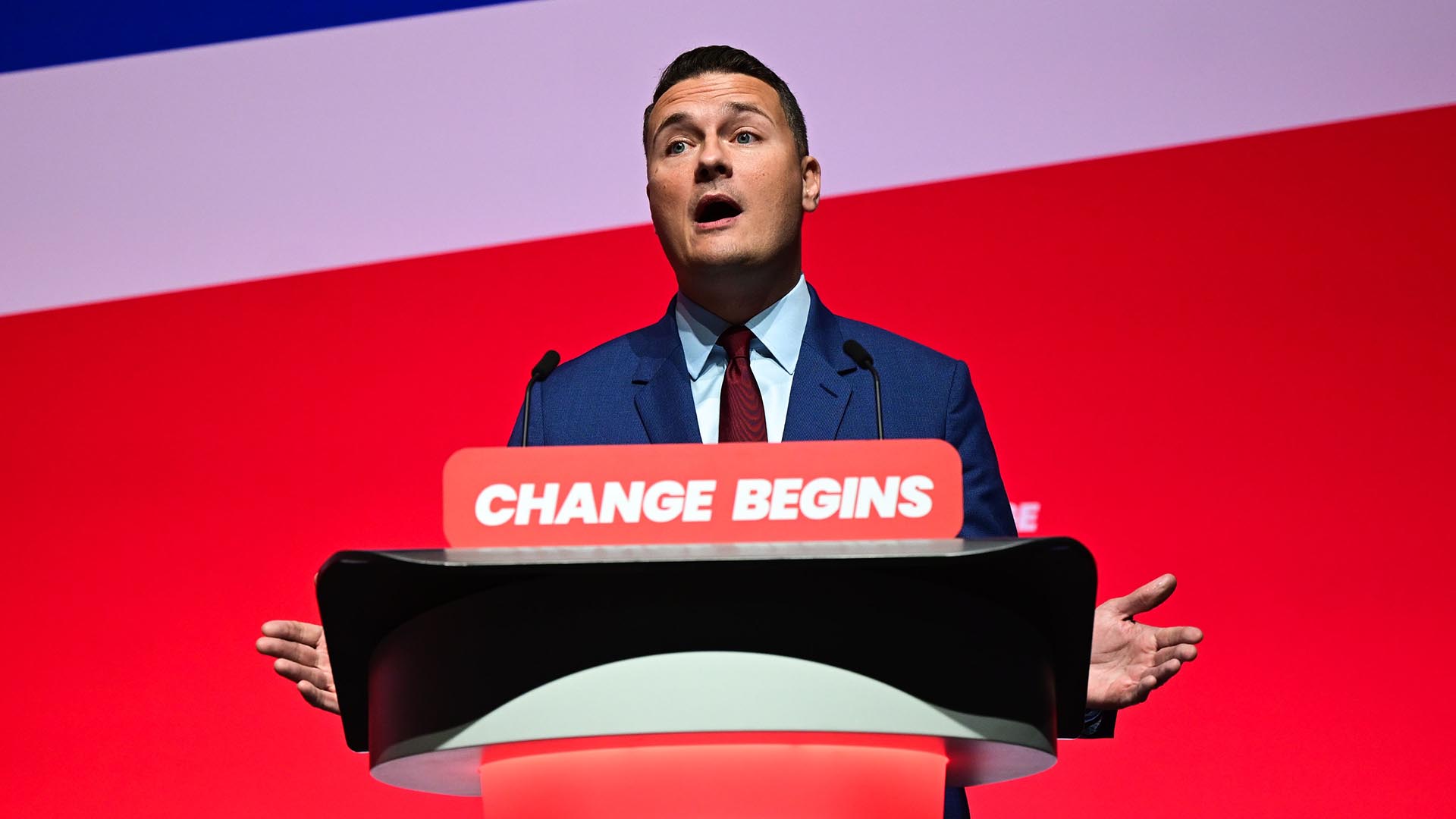The Darzi Review confirmed what many people across the country have been acutely aware of for some time: our health service is in a dire state. Weakened by austerity and a devastating pandemic, waiting lists have ballooned, outcomes have worsened, and Britain’s economy is facing the knock-on effects.
For those of us in the mental health field, this isn’t new. For decades, mental health has been underfunded. While ‘parity of esteem’ (the idea that physical and mental health should be treated with the same importance) was enshrined in law in 2012, mental health has never enjoyed the funding and focus that physical health has.
The result is a crisis many mental health professionals saw coming. Almost two million people now sit on NHS waiting lists for mental health support, and millions more would benefit from it, but don’t qualify. Hundreds of thousands of people with mental health problems are too unwell to return to work, because they aren’t getting the support they need. The cost to society and the economy of poor mental health is huge – £117.9 billion every year.
- 100 students die by suicide at university each year. These parents are fighting to change that
- Homelessness soars in England due to sky-high rents and asylum backlog crackdown
It’s a situation which might feel insurmountable, but thankfully, there are reasons to be hopeful. Promising new approaches are being floated by the new government – something which might actually make a difference.
The prime minister, Keir Starmer, has put forward three major focuses for NHS reform. For us at the Mental Health Foundation, there is one which has the potential to promise real, fundamental change for mental health care if done properly: a greater focus on prevention.
Far too often in the UK, we don’t support people’s health – particularly their mental health – until they’re already knocking on their GP’s door. We spent £239bn in 2023 on healthcare, but only about £3.5bn on preventative public health measures. For mental health in particular, the situation is even worse, receiving only about 3% of that £3.5bn.









